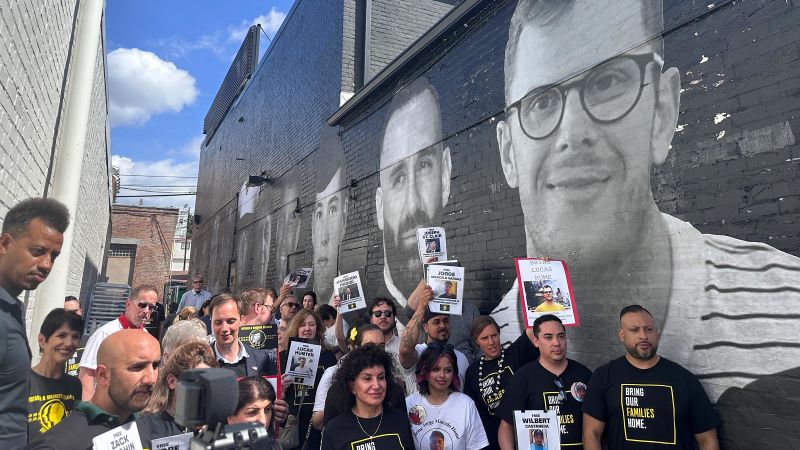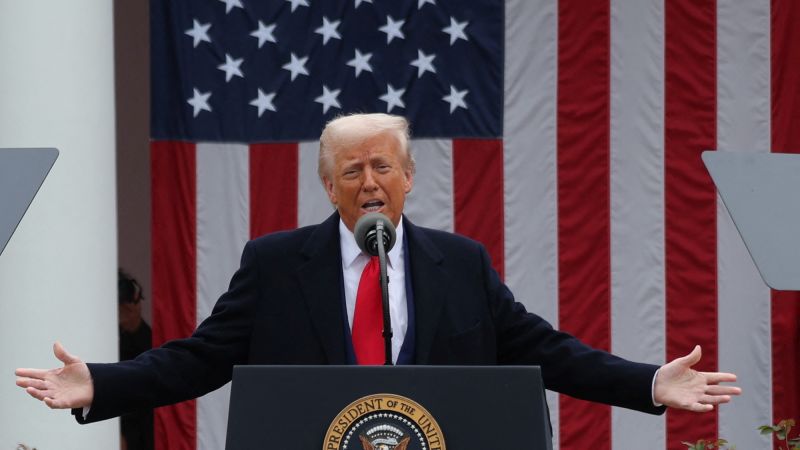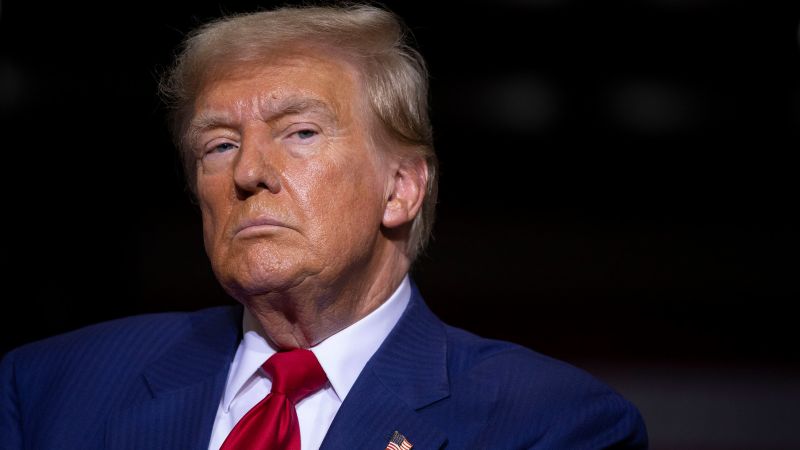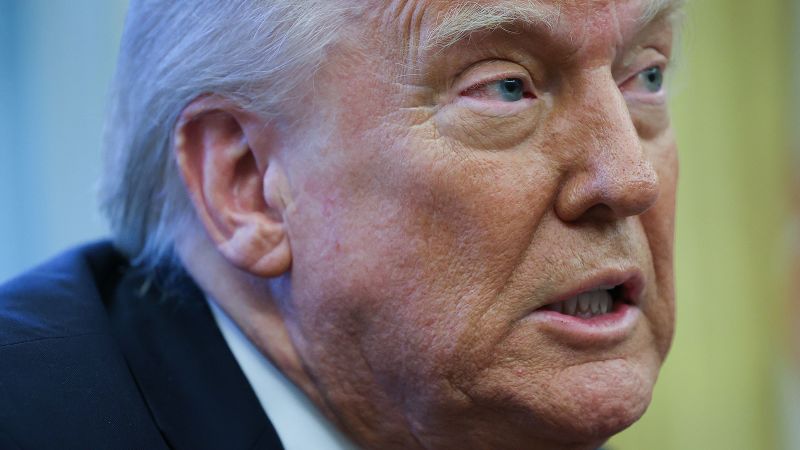Text Invasion: The Political Party Messaging Nightmare Explained
Politics
2025-04-29 01:23:08Content

In the murky world of political communication, there's a glaring loophole that allows political parties to bypass standard marketing regulations. While businesses face strict rules about unsolicited messages and spam, political organizations enjoy a remarkable level of immunity that seems unlikely to change anytime soon.
Political campaigns can flood your inbox, mailbox, and phone with messages without the same constraints that commercial entities must follow. This exemption creates a unique landscape where political outreach operates under different rules, often leaving voters feeling overwhelmed and frustrated.
The current regulatory framework essentially gives political parties a free pass to communicate with potential supporters through multiple channels. Whether it's email blasts, text messages, or targeted digital ads, these organizations can circumvent traditional marketing restrictions that would typically result in significant penalties for commercial enterprises.
Despite growing public annoyance with intrusive political communications, lawmakers seem reluctant to impose stricter regulations. The complex intersection of free speech, political engagement, and communication rights makes meaningful reform a challenging prospect.
As technology evolves and digital communication becomes increasingly sophisticated, this regulatory blind spot continues to raise questions about voter privacy and the boundaries of political messaging. For now, political parties remain largely unencumbered by the spam restrictions that govern other sectors.
Political Marketing Loopholes: The Unregulated Frontier of Campaign Communications
In the complex landscape of modern political communication, a startling regulatory gap exists that allows political parties unprecedented freedom in marketing practices. While businesses face strict regulations regarding unsolicited communications, political organizations operate under a remarkably different set of rules, raising critical questions about transparency, consent, and democratic engagement.Exposing the Hidden Mechanisms of Political Marketing Exemptions
The Regulatory Blind Spot in Campaign Communications
Political parties have long enjoyed a unique privilege within the communication ecosystem. Unlike commercial entities bound by stringent anti-spam regulations, these organizations navigate a remarkably permissive legal environment. This exemption fundamentally challenges traditional understanding of consumer protection and communication standards. The legislative framework surrounding political marketing remains deliberately ambiguous, creating a strategic advantage for campaign strategists. By sidestepping conventional marketing restrictions, political entities can deploy sophisticated outreach techniques that would be considered intrusive in any other context.Technological Amplification of Political Messaging
Digital platforms have dramatically transformed how political messages proliferate. Advanced data analytics and microtargeting technologies enable parties to craft hyper-personalized communication strategies that bypass traditional regulatory scrutiny. These sophisticated approaches allow unprecedented precision in reaching potential voters. Machine learning algorithms and comprehensive voter databases provide political organizations with granular insights, enabling them to segment audiences with remarkable accuracy. This technological capability fundamentally reshapes the landscape of political communication, rendering traditional regulatory frameworks increasingly obsolete.Legal and Ethical Implications of Unregulated Political Marketing
The current regulatory environment presents profound ethical dilemmas. While commercial entities face strict consent requirements, political organizations can essentially circumvent these protections. This discrepancy raises significant questions about individual privacy and democratic participation. Consent mechanisms in political communication remain poorly defined, creating potential avenues for manipulation. The absence of robust regulatory oversight allows political entities to exploit communication channels with minimal accountability, potentially undermining the fundamental principles of informed democratic engagement.Comparative International Perspectives
Different global jurisdictions approach political marketing regulation with varying degrees of stringency. Some nations have implemented more comprehensive frameworks that restrict unsolicited political communications, while others maintain similarly permissive environments. Comparative analysis reveals significant variations in legislative approaches, reflecting diverse cultural and democratic traditions. These international perspectives provide crucial insights into potential regulatory models that could address current systemic limitations.Technological and Social Evolution of Political Communication
The rapid digital transformation continues to challenge existing regulatory paradigms. Emerging communication technologies like artificial intelligence and advanced targeting mechanisms are fundamentally restructuring how political messages are conceived, distributed, and consumed. Social media platforms and sophisticated data analytics have created unprecedented opportunities for political engagement, simultaneously presenting complex ethical and regulatory challenges. The traditional boundaries between personal communication and political messaging are becoming increasingly blurred.Future Regulatory Considerations
Addressing the current regulatory gaps requires a multifaceted approach involving legislative innovation, technological understanding, and robust democratic principles. Policymakers must develop adaptive frameworks that balance communication freedoms with individual privacy protections. Potential solutions might include more transparent consent mechanisms, enhanced disclosure requirements, and technology-neutral regulatory approaches that can accommodate rapidly evolving communication landscapes.RELATED NEWS
Politics

Clearance Crackdown: Biden Admin Halts Security Access for High-Profile Lawyers Tied to Special Counsel Jack Smith
2025-02-26 00:35:38
Politics

"Voices Behind Bars: Families' Desperate Cry to Keep Detained Americans in the Global Spotlight"
2025-05-04 12:00:52
Politics

Judicial Independence Under Fire: Americans Overwhelmingly Reject Trump's Revenge Tactics
2025-04-03 05:00:36





